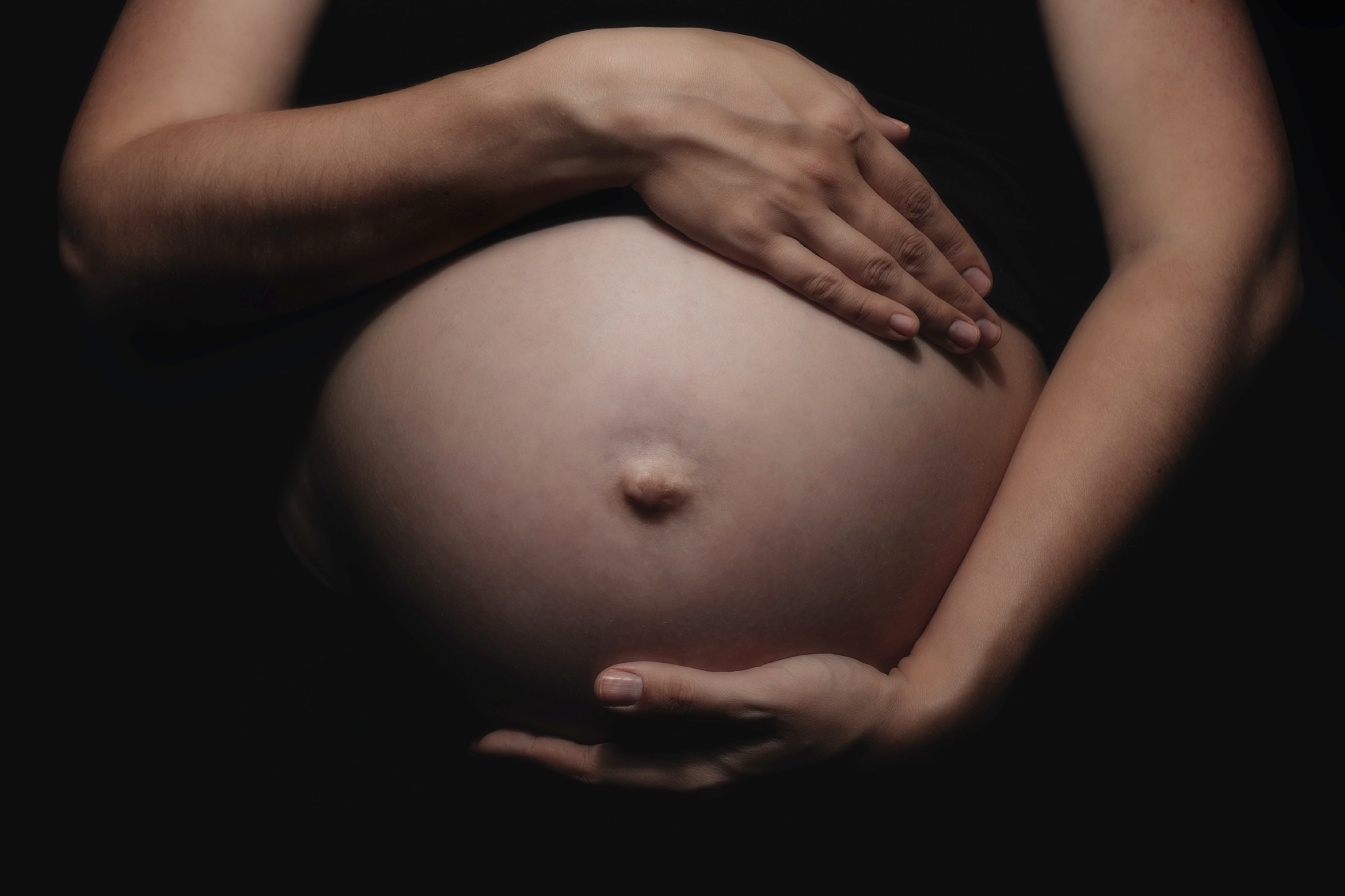Scientists at Edinburgh University have found that the hormone DHEA plays a key role “at the start of pregnancy when a fertilised egg becomes attached to the lining of the uterus.” This discovery could open up new avenues for fertility treatments.
During each menstrual cycle, hormones prepare the lining of the uterus for possible implantation, but the ideal circumstances for this are still unclear. In this study, scientists treated the wall of the uterus using DHEA and witnessed the duplication of certain proteins having a major impact on the quality of the lining. In addition, DHEA treatment has considerably increased the level of androgens, which would suggest that they could also play a role. Finally, as DHEA decreases with age, it could be partly responsible for the age-related decrease in fertility.
The study, which was published in the Fertility and Sterility journal, explains “the key conditions for successful implantation and a healthy pregnancy,” but there’s “still a long way to go,” according to Dr Stephen Meader, Director of the Reproductive Health Programme proposed by the Medical Research Council that has financed the study.
Dr Douglas Gibson from the Inflammation Research Centre at Edinburgh University and principal author of the study explains that, in his opinion, “the results will help us to develop studies for potential treatments, but further research is needed in order to establish whether this approach could be used to help women who have difficulty conceiving.”
Medical X Press (21/02/2018)

